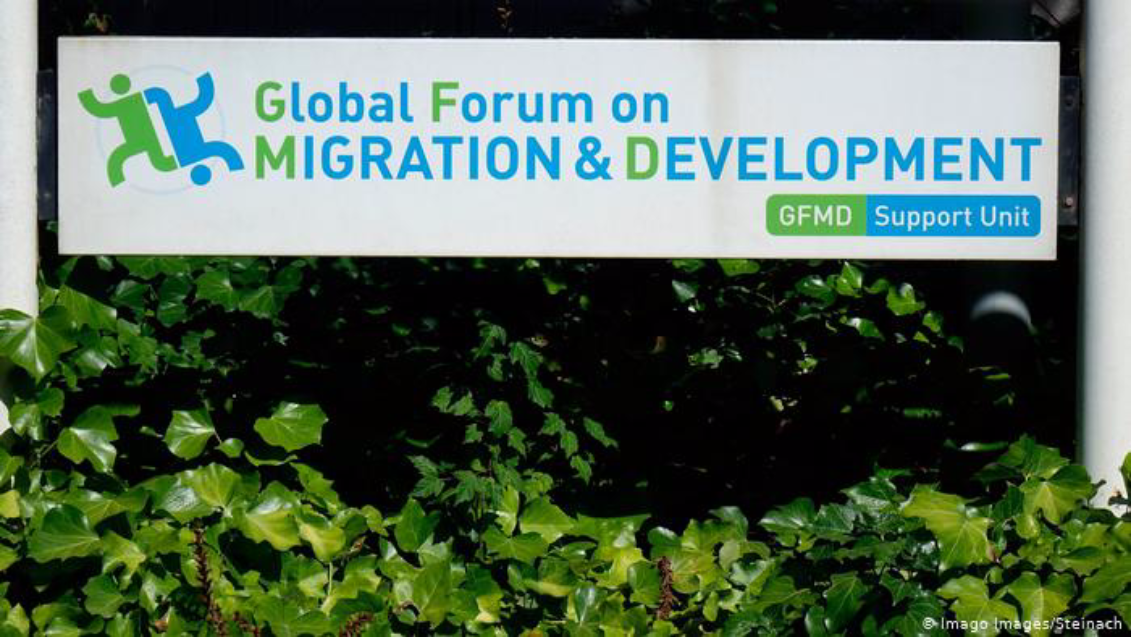
The Global Forum on Migration and Development has its sights set on Venezuela
The Global Forum on Migration and Development will be discussing how to improve the capacity of countries to receive migrants, especially Venezuelan migration.
Right now, Quito is hosting the twelfth version of the Global Forum on Migration and Development. This forum is a multilateral meeting promoted by IOM that seeks to facilitate dialogue between international organizations, governments of all regions and the private sector in order to adopt strategies on a topic that touches the entire globe: migration.
The Forum has three main thematic axes: the generation of coordinated responses that allow for the protection of rights, communication with migrants and public narratives on migration and human mobility as part of rural and urban development strategies.
The points on coordinated responses and human mobility as well as development strategies are related to one of the central questions for this meeting and that is how to support countries receiving large numbers of migrants and how to turn this flow into a possibility for development and not a burden.
This is why Venezuelan migration will be at the center of the discussion, since the countries that have received most of the migration are not prepared to properly receive so many people.
That is the case, for example, of Colombia, which has always had a strong history of emigration, but this is the first time it receives so many people. According to UNHCR and IOM estimates, by June 2019, more than 4 million Venezuelans had emigrated, of whom 1.3 million had migrated to Colombia.
RELATED CONTENT
In terms of the volume of migrants received by other countries in the region, Colombia is followed by Peru, with 768,000, Chile, with 288,000, Ecuador, with 263,000, Brazil, with 168,000 and Argentina, which has received 130,000 Venezuelans.
This is a trend that is likely to continue as Nicolas Maduro's government has not taken any measures to change it, on January 13, Donald Trump ordered new economic sanctions against Venezuela and Juan Guaidó, although he is recognized as president by almost sixty countries, has no governability.
To the inertia of the already known economic deterioration of the country, we must add the strategy adopted in recent months by the government of Nicolas Maduro, as reported by the New York Times, consisting of concentrating the country's meager resources in the capital, which has led to an increasing pauperization of living conditions in rural areas and small towns.
If the conclusions of this meeting are successfully implemented, they will be a breath of fresh air for both migrants and host countries, as it is clear that no one can face this crisis alone.











LEAVE A COMMENT: